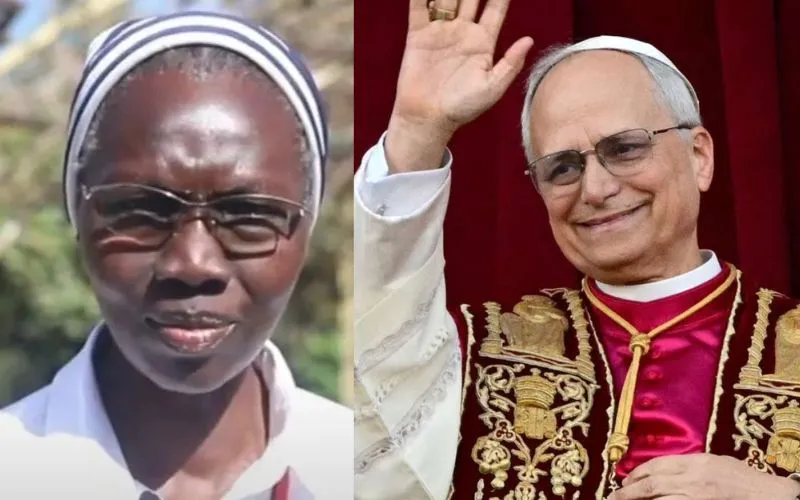Dakar, 10 May, 2025 / 10:39 pm (ACI Africa).
The election of Robert Francis Cardinal Prevost who takes the name Pope Leo XIV signifies “a return to the fundamentals” of past Popes, but also “a continuation of the reform process” in the Church, a leading Senegalese Catholic Theologian has said, noting that expectations are high as the new Pontiff takes over from his predecessors.
In a reflection shared with ACI Africa, Sr. Anne Béatrice Faye who served on Vatican Theological Commission of the Synod on Synodality said that the new Pontiff’s choice of the name “Leo”, and coming just after the late Pope Francis evokes a desire for “doctrinal firmness combined with pastoral care.”
She noted that Pope Leo XIV’s predecessor Leo XIII, the author of the May 1891 Encyclical Letter on capital and labour, Rerum Novarum, was a leader committed to social justice. According to the Catholic Nun, the late Pope Francis revitalized Pope Leo XIII’s commitment through his Encyclical Letters Laudato si' and Fratelli tutti and the Synod on Synodality initiative.
The member of the Pan-African Catholic Theology and Pastoral Network (PACTPAN) said that Pope Leo XIII’s Rerum Novarum, which she described as the founding text of the Church's social doctrine affirmed the rights of the working class that were being abused at the time.
Describing the Church from Pope Leo XIII to Pope Francis as “a Church at the heart of social realities”, the leading African theologian said, “With Rerum Novarum, Leo XIII ushered in a new era. An era of a Church prophetically committed to social issues.”








